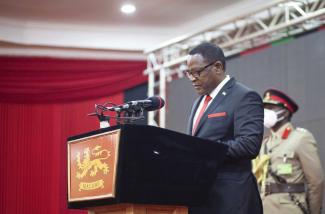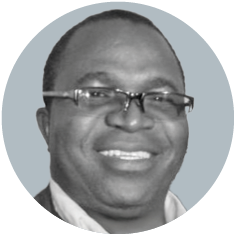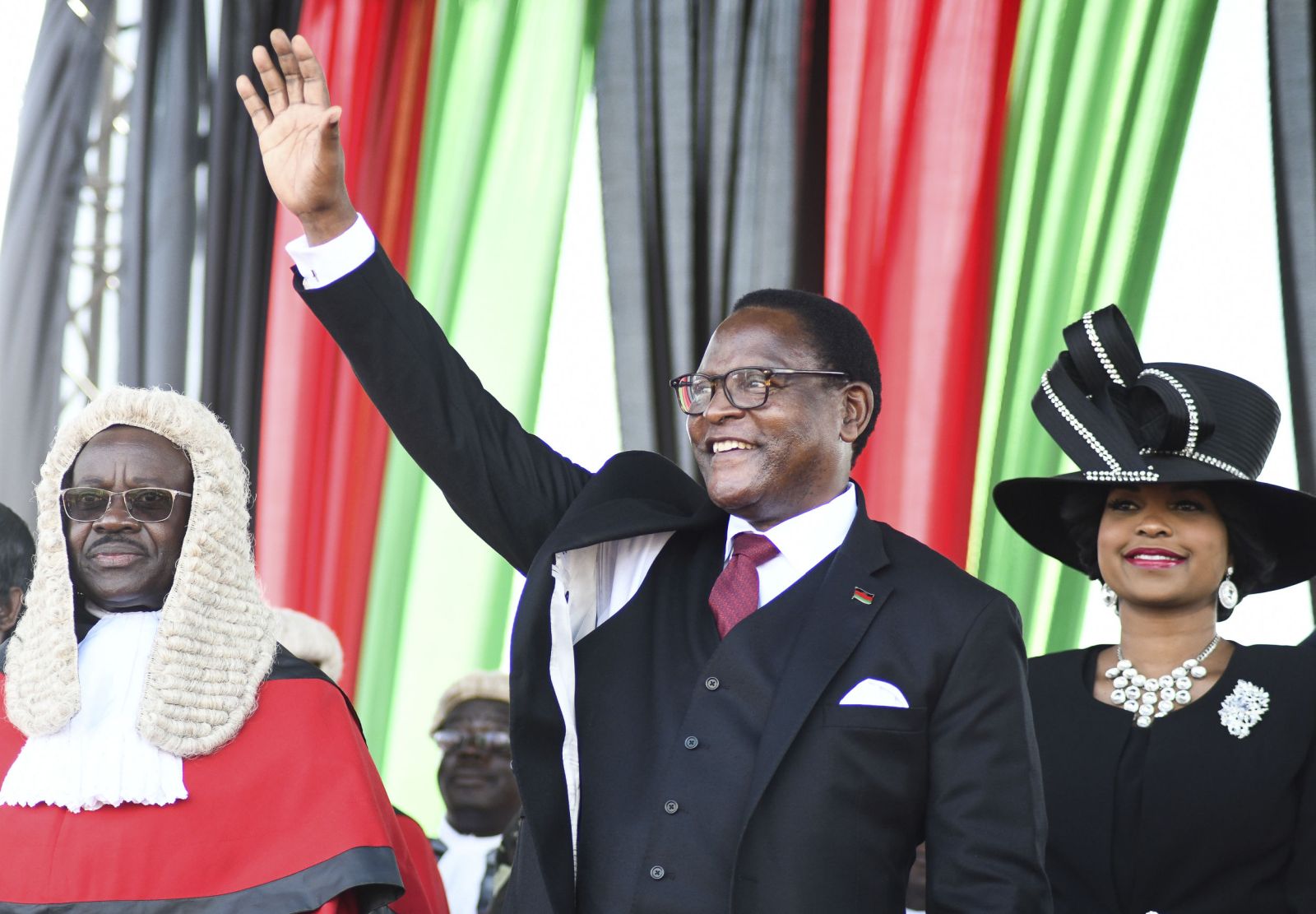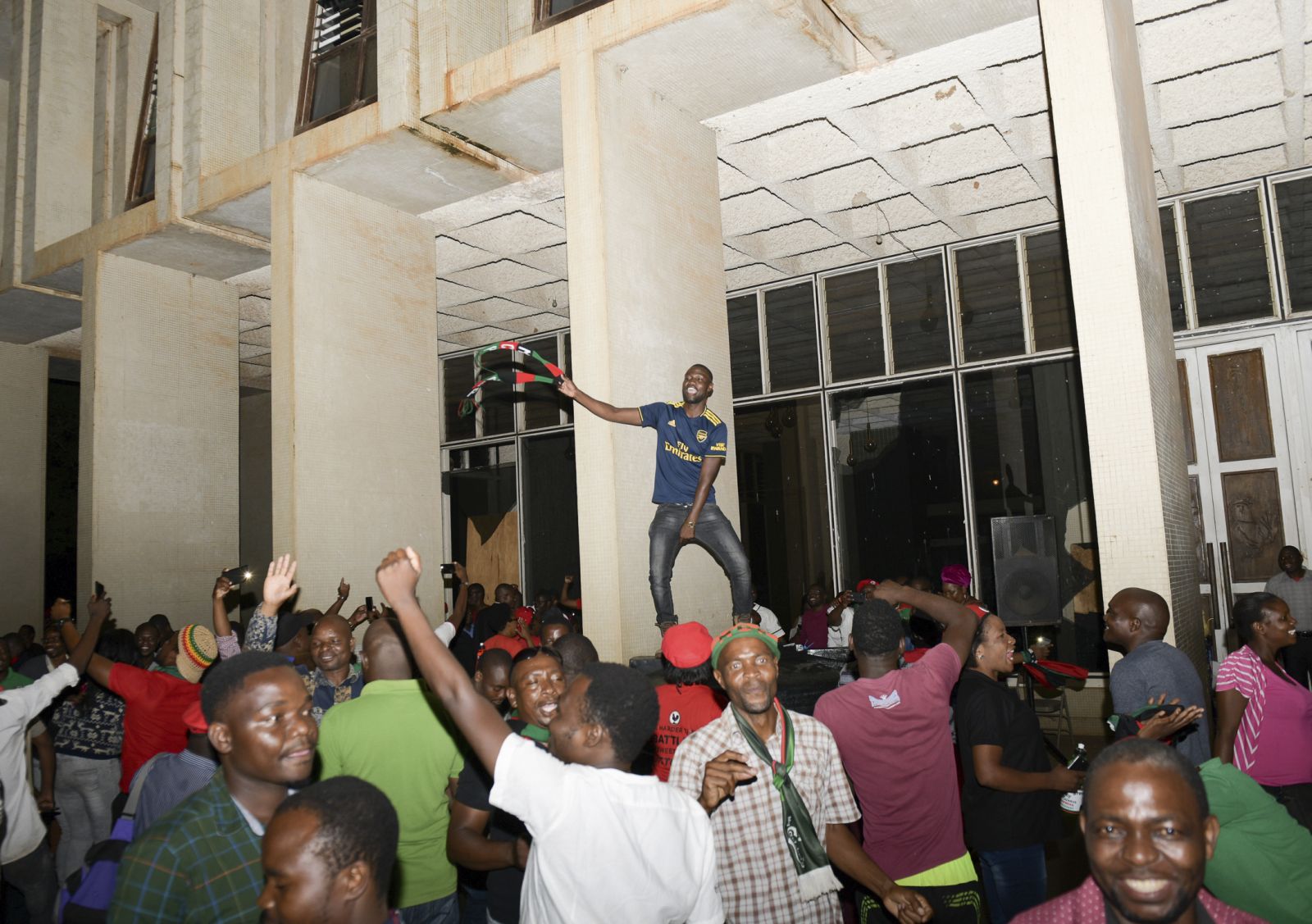Rule of law
Prison sentence for business tycoon in Malawi

A few weeks ago, the High Court in Blantyre sentenced Thom Mpinganjira, a Malawian business tycoon, to nine years in prison with hard labour. He was found guilty of attempting to bribe judges of the Constitutional Court when they were hearing a case concerning the outcome of the May 2019 elections. The judges ultimately annulled the elections because Peter Mutharika, the incumbent head of state, and his Democratic Progressive Party (DPP) had manipulated the results. In retrospect, people now speak of the “tipp-ex elections”.
Mpinganjira evidently tried to sway the judges in Mutharika’s favour. The sentencing of one of the country’s top business leaders sends a clear message: the judiciary is serious about its duty to uphold the rule of law. Moreover, it can act fast. These are not trivial messages.
Mpinganjira owns a leading commercial bank and runs several other financial businesses. His case offers a litmus test for the judicial system in regard to the prosecution of high-profile individuals and those connected to the political elite – and it was concluded after one year and eight months.
In the past, the courts have been hearing several high-profile cases. Many have been kept pending for years. For example, a case concerning the corruption of Bakili Muluzi, another former president, has been going on for more than 12 years. The equivalent of more than $ 2 million is said to have been embezzled during his time in office.
The general assumption used to be that judges basically shy away from ruling against the government and its officials. The election annulment, however, changed matters dramatically (see my comment in the Debate section of D+C/E+Z e-paper 2020/03). Mutharika lost the re-run election. Lazarus Chakwera was the majority’s choice, and he is now the president. He has promised to not unduly interfere in the work of governance institutions.
The irony, of course, is that the new head of state has benefited from court action. Had the 2019 election not been annulled, he would now not hold office. It is obvious, however, that Chakwera did not play a role in the annulment decision, so Malawians tend to trust him.
The Anti-Corruption Bureau (ACB) arrested Mpinganjira in January 2020 when the Constitutional Court was still hearing the election case. Later in 2020, the High Court found him guilty of offering judges the equivalent of more than $ 120,000. Mpinganjira’s lawyer has indicated there will be an appeal against the ruling, however, and he is applying for his client’s bail.
Reyneck Matemba, who used to head the ACB before he became the new government’s solicitor general in December 2020 has expressed satisfaction with the ruling. He says that prosecutors faced numerous challenges which included personal threats during the trial. Blessings Chinsinga, a lecturer at the University of Malawi, sees things in a similar light. The trial was concluded with unexpected speed, he says, and one reason may have been that neither the judges nor the ACB were being unduly influenced by anyone. He speaks of an “enabling environment for the prosecuting authorities to do their work better”.
According to Mustafa Hussein, another University of Malawi lecturer, the sentencing of the bank tycoon told “politicians and the powerful elite that nobody is above the law”. It is true that the new president has stated: “I will make sure that the judiciary, the Anti-Corruption Bureau (ACB), the police, the army and any other institution are free. Anyone found to be corrupt, will face the law.” Hussein admits, however, that an “invisible hand” may have played a role in the tycoon’s sentencing. For example, the new head of state might have secretly signalled to judges to press ahead with cases against his predecessor and his supporters. But even if Chakwera did so – which seems unlikely – his public statements would make it harder for him to influence judges in the future should credible corruption charges ever arise against him and his administration.
Raphael Mweninguwe is a freelance journalist based in Malawi
raphael.mweninguwe@hotmail.com











